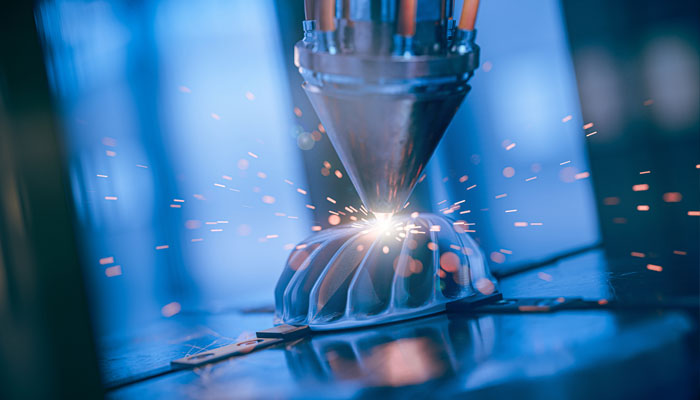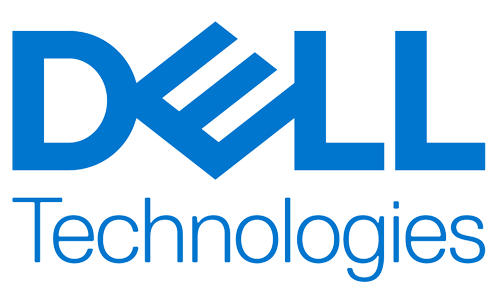

Keynote: AI
What Can AI Bring to Design for Additive Manufacturing?

With powerful pattern recognition and natural language processing, AI or machine learning is expected to drastically lower the learning curve for design and simulation software and transform its user experience. Can the technology improve DfAM (Design for Additive Manufacturing) in the same way? Can AI give existing DfAM algorithms a boost in failure detection and geometry generation? In this keynote, our panel of experts explore what’s possible, what’s in the near future, and what the risks and uncertainties are.

Speaker/Presenter:
Chris McComb, Faculty Member at Carnegie Mellon University’s Department of Mechanical EngineeringAbout Chris
Chris McComb's lab, the Design Research Collective, advances interdisciplinary design research by merging perspectives from engineering, manufacturing, psychology, and computer science. He also serves as the Director of the Human+AI Design Initiative, an interdisciplinary and international group of researchers focused on application of human-AI collaboration to design. His research interests include human social systems in design and engineering; machine learning for engineering design; human-AI collaboration and teaming; computation for advanced manufacturing; and STEM education; with funding from NSF, DARPA, and private corporations.

Speaker/Presenter:
Matthew Shomper, Founder of LatticeRobotAbout Matthew
Matthew Shomper is an engineering thought leader with noted expertise in the computational design of advanced 3D-printed medical implants and an expert in biomimicry. He has spearheaded multiple public initiatives to synthesize biological structures as computational models for use in engineered products. He also pioneered the idea of a “biologically advantageous implant,” and leads various areas of research on reducing an implant’s footprint inside of the body. His work has been published in Orthopedic Design and Technology, 3DAdept, Quality Magazine, 3DHeals, and BoneZone, and he is a regularly-referenced expert and keynote speaker on topics related to next-gen modeling and biological inspiration.

Speaker/Presenter:
Dr. Yaoyao Fiona Zhao, Associate Professor and William Dawson Scholar, Department of Mechanical Engineering, McGill University.About Dr. Zhao
Her lab – the Additive Design and Manufacturing Laboratory (ADML) – is one of the leading research laboratories in additive manufacturing (AM). Her research advances the knowledge in design for additive manufacturing field with the exploration of new design methods, adaptation of machine learning (ML) and AI to support decision-making in design and additive manufacturing pipeline as well as developing efficient numerical simulation methods for additive manufacturing processes. Her research also explores the sustainability dimension of additive manufacturing technology. Dr. Zhao is currently the associate editor for the Journal of Mechanical Design and the Applied Mechanics Reviews Journal. She has received multiple Best/Outstanding paper awards in major design and manufacturing journals and conferences.

Moderator: Kenneth Wong
Senior EditorDigital Engineering
About Dell
Dell sells personal computers (PCs), servers, data storage devices, network switches, software, computer peripherals, HDTVs, cameras, printers, MP3 players, and other electronics.
Dell empowers countries, communities, customers and people everywhere to use technology to realize their dreams. Customers trust Dell to deliver technology solutions that help them do and achieve more, whether they’re at home, work, school or anywhere in their world.
Check out Dell's blog for more information.
Round Rock, Texas, 78682
Dell Technologies Resources



About NVIDIA
Since its founding in 1993, NVIDIA (NASDAQ: NVDA) has been a pioneer in accelerated computing. The company’s invention of the GPU in 1999 sparked the growth of the PC gaming market, redefined computer graphics, ignited the era of modern AI and is fueling the creation of the metaverse. NVIDIA is now a full-stack computing company with data-center-scale offerings that are reshaping industry.
Specialties
GPU-accelerated computing, artificial intelligence, deep learning, virtual reality, gaming, self-driving cars, supercomputing, robotics, virtualization, parallel computing, professional graphics, and automotive technology.
Santa Clara, California, 95050
NVIDIA Resources








